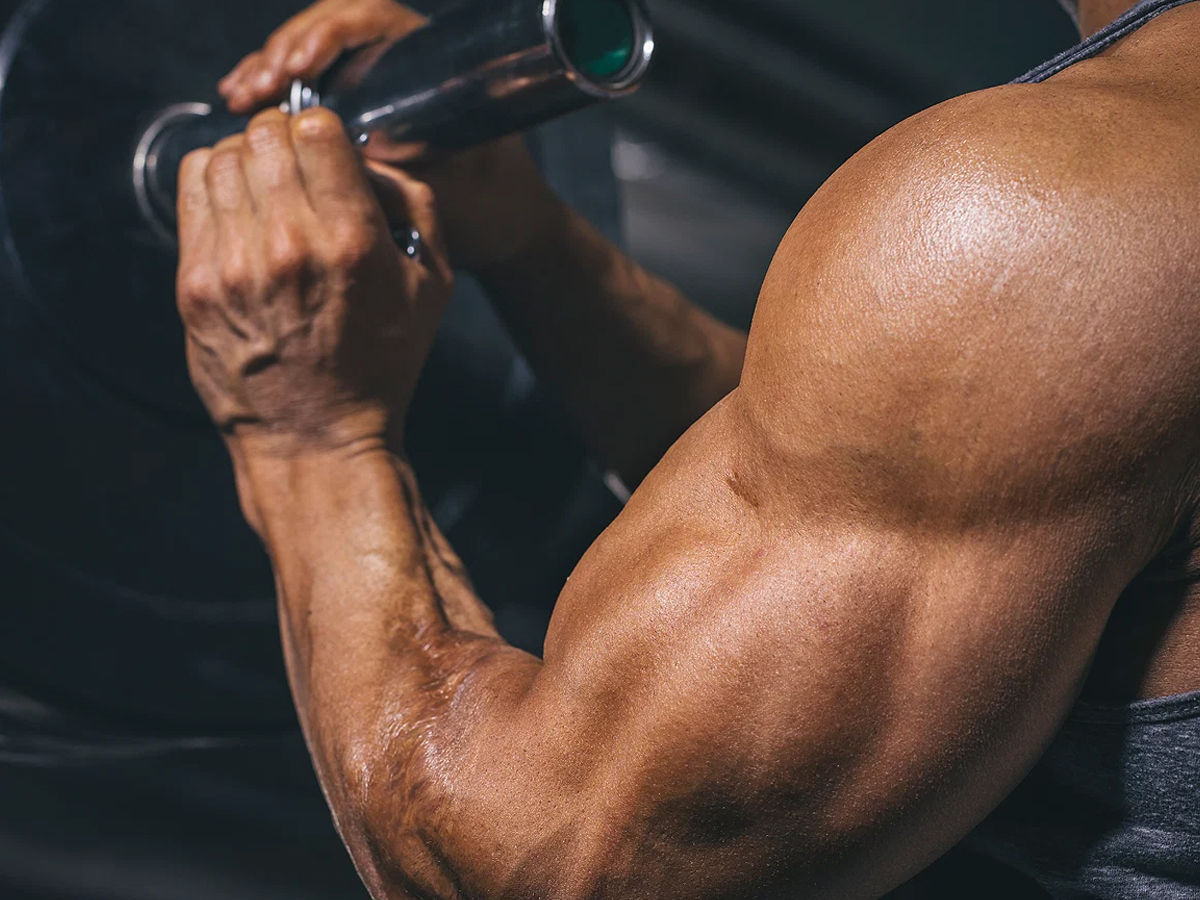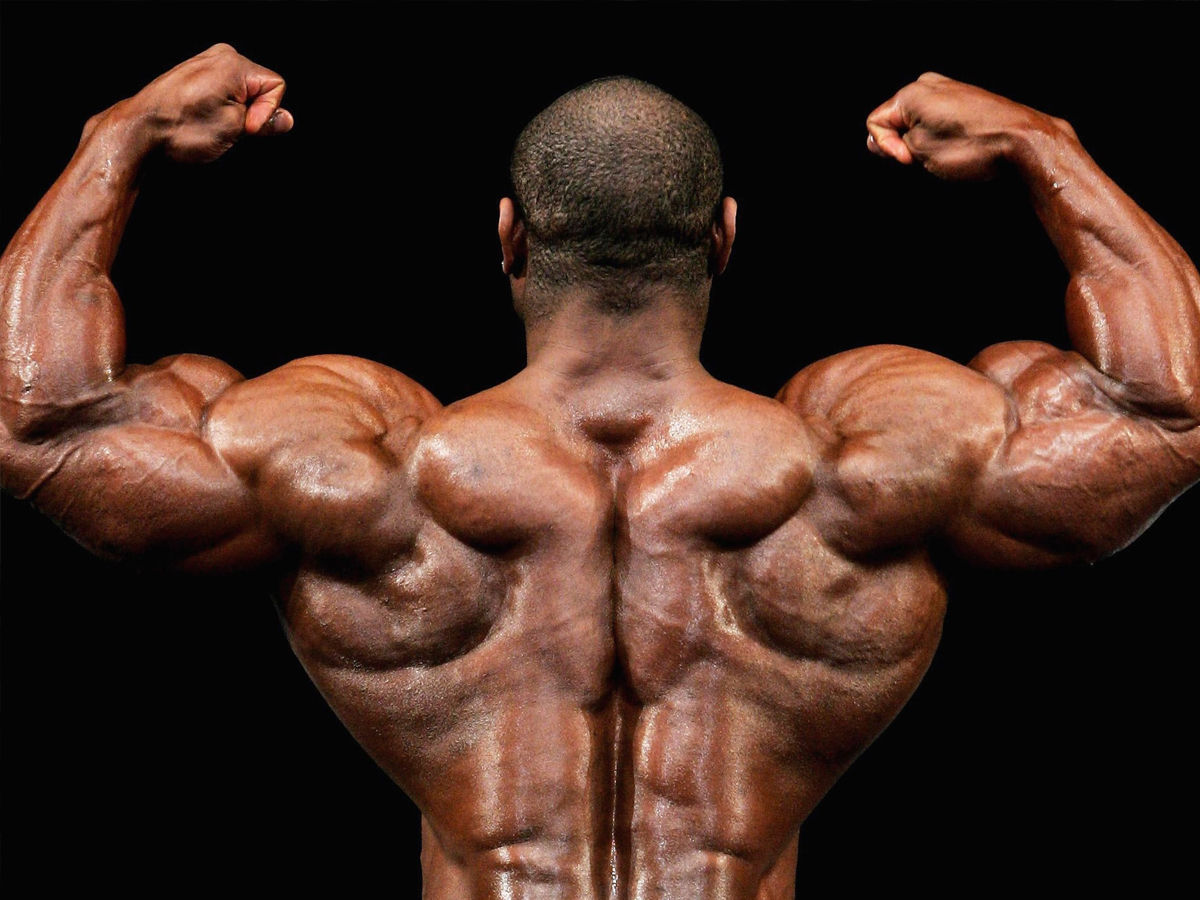Are you one of those who face trouble in decoding the correct workout routine for gaining muscle mass? Are you someone who is constantly torn between lifting heavy weight with low reps and lifting less or moderate weight with high reps? If the answer is yes, this article has been written to help you and many other people like you. The tradition says that ‘Go heavy or go home’ is the key behind healthy gains but there’s always someone to start a debate between weight versus reps? This issue is gender-neutral and works the same for both men and women. Hence, we’ll talk from a general perspective.
Everyone wants to grow strong and build big muscles and people try different approaches to meet their goal. Before succeeding, most of the people encounter several failures and they taste the success only after figuring out what works best for them. Yes, this is important. Every individual’s body is different and responds differently to a workout. Hence, you are required not only to work hard but also work smart.
First, let’s understand what happens when you go for ‘Heavier Weight With Low Reps’

There’s no rocket science in understanding that new muscles can be built only when the old ones break down and in order to do so they need to be subjected to an intense workout. This is why traditional bodybuilders always prefer lifting heavy as it is a result-oriented approach. If we take the case of powerlifters, they go for extremely heavyweights with just 5 to 6 reps. But powerlifting and bodybuilding are two different things. However, when you go for the heavier weight (approximately 70-75% of your one-rep max), the “fast-twitch” muscle fibres are activated and they are extremely crucial in strength building as well as muscle growth along with an increase in the size of muscle cells.
The downside of the “fast-twitch” or Type 2 muscle fibres is that despite having so much power, they fatigue quickly and hypertrophy or muscle growth becomes difficult with fatigued muscle fibres.
This is the reason that 8-12 reps range is considered ideal for muscle gain. Firstly, it allows you to lift the heavier weight without tiring out quickly and secondly, you can perform more sets.
Now, let’s see what happens in the case of ‘Highers reps with lower weight’

Here, we are talking about going at over 15 reps per set. You are required to take a weight that is 50-60% of your one-rep-max. In this case, Type 2 muscle fibres are not activated.
In this case, Type 1 muscle fibres or “slow-twitch” muscle fibres are activated. In comparison to Type 2 muscle fibres, Type 1 muscle fibres have less strength but they have better endurance and do not fatigue easily.
So, when you go for lighter weight and higher reps, you are gaining muscular endurance rather than strength and increase in the size of muscle cells. This practice is also very helpful in burning extra calories and shedding some fat.
Clearly, both the approaches have their distinct advantages.
Also Read, 7 Tips To Build A Good Upper Body While Working Out…
So, what if we combine both the practices for a hybrid workout routine?

Most of the people who go to a gym want both- strength as well as gaining muscle mass. You can’t really choose one and leave the other one. In such a case, combining both practices might not be a bad idea after all.
Yes, lifting heavy weights is very helpful in strength building and gaining muscle mass but it also exhausts the body by sucking up all the energy. Your muscles fibres also need time for recovery in order to make way for new muscles and hence you can try the approach of going for higher weight and lower reps one day and lower weight with higher reps the next day.
Fitness and muscle building are directly associated with constant growth. You can’t afford to stick with a certain routine. When you workout in a certain way with fixed weights your body adapts to it in a few weeks and you soon reach a phase where the routine is no more challenging for you. With this, you are stuck with no growth. Hence, low weight or high weight, you need to increase the challenges to see better growth of your muscles.
After lifting very heavy weights for a few days, you will encounter fatigue and reach a phase where you can no longer lift the weight. The smart thing to do in such moments is decreasing the weight, build endurance and focus on the form. This is why many bodybuilders go ascending (increasing weight after every set) while lifting the weight one day and go descending (decreasing weight after every set) the next day.
Conclusion
It is important to know that muscle building and fitness are not just about lifting heavy weights and high-intensity workout but also about proper diet, sticking to routine and dedication. You need to monitor your growth on a weekly or half month basis and increase the intensity of your workout as well as add a few more grams of protein to your diet.
As mentioned earlier, everyone has a different body type, different metabolism and different recovery rate. You need to stop comparing growth with others and understand your body. Figuring out what kind of workout works best for you is also necessary. It is ok to spend the first few weeks or months at the gym understanding your body and its requirements. Once you’ve figured out which way suits you the most, the rest of the work becomes easier.

























